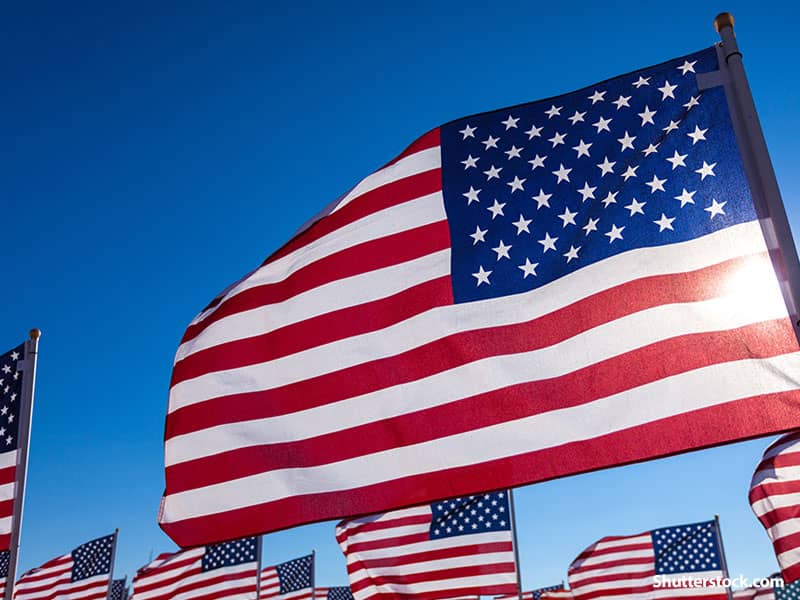Reprinted with permission of the National Catholic Register.
September 07, 2005, WASHINGTON - The bishop overseeing a Vatican-ordered inspection of U.S. seminaries said there is no room there for men with strong homosexual inclinations. And an apostolic visitation that begins this month will seek to determine whether seminaries are enrolling them.
"I think anyone who has engaged in homosexual activity, or has strong homosexual inclinations, would be best not to apply to a seminary and not to be accepted into a seminary," Archbishop Edwin O'Brien, who's coordinating the visits of more than 220 seminaries and houses of formation, told the Register. Archbishop O'Brien, who heads the Archdiocese for Military Services USA, said even homosexuals who have been celibate for 10 or more years should not be admitted to seminaries. "The Holy See should be coming out with a document about this," Archbishop O'Brien said. The visitations were sparked by the sexual abuse scandal that hit the U.S. Church in 2002. In a 2002 speech, Pope John Paul II linked the abuse scandals with seminary instruction and called for the exclusion of seminary candidates with observable "deviations in their affections." "It would be lamentable if, out of a misunderstood tolerance, they ordained young men who are immature or have obvious signs of affective deviations that, as is sadly known, could cause serious anomalies in the consciences of the faithful, with evident damage for the whole Church," the Holy Father said. His words echoed a 1961 instruction to the superiors of religious communities on "Careful Selection and Training of Candidates for the States of Perfection and Sacred Orders." That document states: "Advancement to religious vows and ordination should be barred to those who are afflicted with evil tendencies to homosexuality or pederasty, since for them the common life and the priestly ministry would constitute serious dangers." A February 2004 report commissioned by the U.S. bishops' National Review Board noted that 81% of the reported victims of child sexual abuse by clergy from 1950 to 2002 were boys. The findings strengthened the argument made by many observers that at the heart of the sexual abuse problem was a strong presence of homosexuals in the priesthood. In his address to U.S. cardinals called to a special summit on abuse at the Vatican in 2002, Pope John Paul II said Catholics "must know that bishops and priests are totally committed to the fullness of Catholic truth on matters of sexual morality, a truth as essential to the renewal of the priesthood and the episcopate as it is to the renewal of marriage and family life." The U.S. bishops have directed that the visitations pay special attention to areas such as the quality of the seminarians' human and spiritual formation for living chastely and of their intellectual formation for faithfulness to Church teachings, especially in the area of moral theology.
September 07, 2005, WASHINGTON - The bishop overseeing a Vatican-ordered inspection of U.S. seminaries said there is no room there for men with strong homosexual inclinations. And an apostolic visitation that begins this month will seek to determine whether seminaries are enrolling them.
"I think anyone who has engaged in homosexual activity, or has strong homosexual inclinations, would be best not to apply to a seminary and not to be accepted into a seminary," Archbishop Edwin O'Brien, who's coordinating the visits of more than 220 seminaries and houses of formation, told the Register. Archbishop O'Brien, who heads the Archdiocese for Military Services USA, said even homosexuals who have been celibate for 10 or more years should not be admitted to seminaries. "The Holy See should be coming out with a document about this," Archbishop O'Brien said. The visitations were sparked by the sexual abuse scandal that hit the U.S. Church in 2002. In a 2002 speech, Pope John Paul II linked the abuse scandals with seminary instruction and called for the exclusion of seminary candidates with observable "deviations in their affections." "It would be lamentable if, out of a misunderstood tolerance, they ordained young men who are immature or have obvious signs of affective deviations that, as is sadly known, could cause serious anomalies in the consciences of the faithful, with evident damage for the whole Church," the Holy Father said. His words echoed a 1961 instruction to the superiors of religious communities on "Careful Selection and Training of Candidates for the States of Perfection and Sacred Orders." That document states: "Advancement to religious vows and ordination should be barred to those who are afflicted with evil tendencies to homosexuality or pederasty, since for them the common life and the priestly ministry would constitute serious dangers." A February 2004 report commissioned by the U.S. bishops' National Review Board noted that 81% of the reported victims of child sexual abuse by clergy from 1950 to 2002 were boys. The findings strengthened the argument made by many observers that at the heart of the sexual abuse problem was a strong presence of homosexuals in the priesthood. In his address to U.S. cardinals called to a special summit on abuse at the Vatican in 2002, Pope John Paul II said Catholics "must know that bishops and priests are totally committed to the fullness of Catholic truth on matters of sexual morality, a truth as essential to the renewal of the priesthood and the episcopate as it is to the renewal of marriage and family life." The U.S. bishops have directed that the visitations pay special attention to areas such as the quality of the seminarians' human and spiritual formation for living chastely and of their intellectual formation for faithfulness to Church teachings, especially in the area of moral theology.
He then added, "Rome will review it, and if they have concerns they'll be in touch with the bishop or the religious superior about it."

